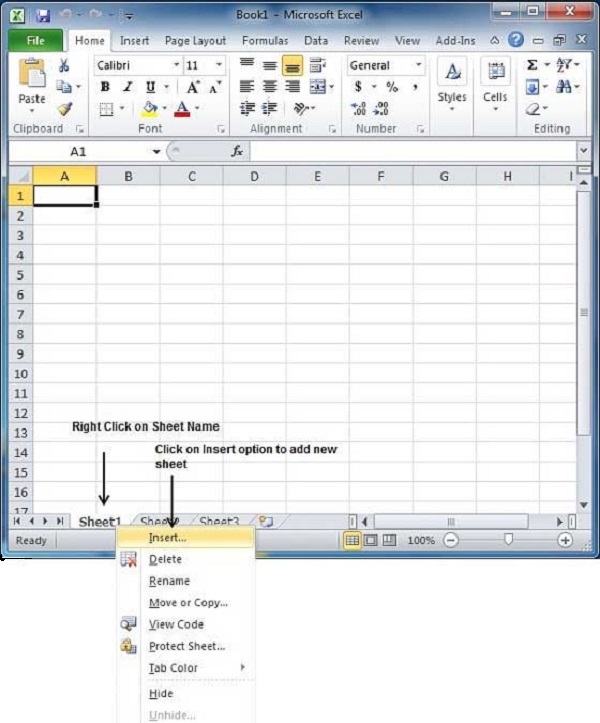

Using the Toolbox, drag-and-drop another instance of SplitContainer into the top pane ( Panel1) of SplitContainer1 to create SplitContainer2 inside the top pane as shown above. The spreadsheet will be in the bottom pane, and the formula bar interface will be in the top pane, and the splitter will determine the height of the FormulaTextBox control for showing long formulas that wrap to new lines. Using the Property Grid, change SplitContainer1.Orientation from Vertical to Horizontal and change Panel1MinSize to 21, then resize the top page to the minimum size as shown above.

Step 4: Create SplitContainer1ĭouble-click the SplitContainer control in the toolbox (under Containers) to create the split container for the main spreadsheet control and the formula bar user interface. We will add code for those menu items in a later step. Note that the File - Save menu item should initially be disabled, and the menu separators and shortcut keys are optional but recommended. Step 3: Create the File Menuĭrag and drop a MenuStrip control to the form and create the File menu and menu items underneath for File - Open, File - Save, File - Save As, File - Design, and File -Exit: NET Framework 4.5.2 (the minimum framework version supported). Type Spread.NET_GettingStarted for Project Name and confirm the Framework target at the bottom is at least.

Finally, I will show how to create a simple front-end user interface that integrates the FpSpread spreadsheet control with the NameBox, and FormulaTextBox controls using splitter panes to create the main user interface and how to implement menu items to handle File - Open, File - Save, and File - Design commands in C# and VB. We will use the Spread Designer tool in run-time for editing spreadsheet instances inside your running application with just one line of code. NET Windows Forms applications using Spread.NET, our. This post describes how to import and export your Microsoft Excel XLSX, and XLSM spreadsheets directly in your.


 0 kommentar(er)
0 kommentar(er)
